How to Deal with Kids' 5 Bad Habits
Sucking their thumb, pulling their hair, picking their nose—nearly all children find ways to relieve anxiety, boredom, or fatigue. There are many reasons that kids develop these coping mechanisms: Some imitate adults; others discover something pleasurable or relaxing and then repeat it until it becomes a way to help ease tension. Even well-meaning parents can get so annoyed at what they perceive to be a "bad" habit that they start to scold or punish their child in a misguided attempt to rid him of it. But focusing excessive attention on his behavior can backfire, and may only make your child more stubborn. Even worse, nagging or teasing can leave him feeling discouraged and miserable. The good news is that childhood habits are usually harmless and tend to disappear, especially if you refrain from dwelling on them. Instead of criticizing your child, try to pinpoint possible sources of stress or tension at home or school and provide a secure, relaxed environment for him. Offer additional comforting and cuddling, and pay more attention to his positive qualities. If he wants help breaking the habit, ask him if he'd like you to give him gentle reminders.
Here are five common habits of childhood, with some strategies to adopt while you're waiting for your little one to leave them behind. 1.Nose picking From time to time, virtually every child puts his finger in his nose and removes the contents, either eating them or wiping them on anything that happens to be nearby. Parents, understandably, have trouble remaining neutral about this - after all, it's socially unacceptable behavior. While you may not be able to stop this habit completely, you can teach your child (usually by age 4 or 5) not to pick his nose in public and to dispose of the contents in a tissue. Health concerns :Nose picking can cause minor nosebleeds and may also increase the risk of colds, since respiratory viruses are usually passed from the hands to the nose. If a child rubs his eyes after picking his nose, he could transfer germs and end up with pinkeye or other infections. Frequent nose picking sometimes causes scabs and sores inside the nostrils, intensifying a child's urge to poke around in there. What not to do:Don't use words like "yuck" or "nasty" when you see your child picking his nose. Young children tend to think you're rejecting them if you're disgusted by their behavior or bodily functions. And overreacting can actually encourage more nose picking by toddlers and preschoolers, who enjoy being able to provoke you. What to do instead:Use matter-of-fact comments to teach your child not to pick his nose in public. Offer him tissues, and wash his hands often and keep his fingernails trimmed to decrease the risk of starting an infection. To help heal and soften irritating scabs, run a humidifier or vaporizer in his room. Every day apply a dab of petroleum jelly to the center wall inside the nose with a cotton swab. If your child is cooperative, you can give him a bandage to wear on his finger as a reminder not to pick. 2.Hair pulling There are two different types of hair pulling. The first usually begins when a child is under 5 and begins twirling or pulling her hair while sucking her thumb or finger. Most likely she will stop fiddling with her hair when she stops sucking her thumb.The second type is more serious and usually occurs in older children. Known as trichotillomania, it's characterized by an irresistible urge to pull out one's hair and tends to be a chronic problem. Health concerns:In some cases, hair pulling can lead to conspicuous bald spots. What not to do:Don't punish your child for fiddling with her hair or try to prevent pulling by cutting her hair short. Having her wear mittens on her hands to make her more aware of the habit doesn't really work, and neither does offering toys or other bribes. What to do instead:The most effective way to curb hair pulling in preschoolers is to ignore it and focus instead on trying to break the thumb- or finger-sucking habit that often accompanies it. Of course, this will work only if your child is motivated to stop sucking her thumb and cooperates with you. If your older child pulls her hair, talk to her pediatrician. Sometimes counseling helps uncover an underlying disorder, such as depression. 3.Thumb sucking It's been estimated that nearly half of American kids under the age of 4 suck their thumb or finger, and most experts believe such comfort sucking is entirely normal. The habit usually begins when a baby discovers her thumb and realizes how pleasurable it is to suck. In fact, thumb sucking helps an infant learn to soothe herself when she's alone.Thumb sucking is often combined with other repetitive behaviors, such as hair twirling or stroking a security object, and, like all habits, usually occurs when a child is tired, bored, or frustrated. Although most children give it up by the time they're 3 or 4, nearly 20 percent continue beyond age 5. Health concerns:Sometimes kids get sores or calluses on the thumb or the nail becomes infected. If a child continues to suck her thumb after her permanent teeth come in, around age 6, the teeth could become misaligned, requiring braces. Thumb sucking past kindergarten may also threaten a child's self-esteem: A study of first-graders found that those who sucked their thumbs were rated less desirable as friends and classmates than those who didn't. What not to do:Thumb sucking is so normal and harmless that no attempt to stop it should be made before a child is 4. And even if your child is older, you shouldn't belittle, scold, or punish her when you catch her doing it. What to do instead:Besides providing a secure environment for your preschooler, give her plenty of opportunities to play creatively as a way to prevent boredom. Or distract her by getting her involved in a game that requires both hands. If your child is at least 4 and wants help breaking the habit, you might try giving gentle reminders; applying a bitter-tasting solution to her thumb; putting a bandage on the thumb; or using positive reinforcement, such as a chart with stars that can be redeemed for special treats. If your child is over 6 and the habit is causing dental malocclusions, her doctor or dentist may recommend a physical barrier, such as an orthopedic thumb splint or a dental appliance that prevents the thumb from comfortably resting against the roof of her mouth. Because prolonged thumb sucking can be related to emotional stress or insecurity, you should discuss the habit with your child's pediatrician. 4.Lip licking or chewing Biting or licking the lips tends to start when a child tries to moisten badly chapped lips or smooth them by gently chewing off dried, rough skin. When the child is tense, tired, or bored, the behavior escalates and is then reinforced, since the more the lips are licked and chewed, the more uneven and rough they become and the more irresistible it becomes to chew the rough edges. Health concerns:Chronic licking irritates the lips and the skin around the mouth, making the area more vulnerable to infection and causing discomfort and soreness. Usually, there's a telltale ring of red, irritated skin surrounding the mouth. What not to do:Don't draw attention to the habit - for example, don't tell your child he's spoiling photographs if he comes out with a red ring around his mouth. What to do instead:Give your child some lip balm and have him apply it liberally throughout the day. (You'll probably have to do this for your preschooler.) This will smooth the rough edges and help discourage him from chewing the skin. To prevent cracks from reopening, it's better to apply balm with up-and-down strokes instead of rubbing it across the mouth. At bedtime, apply a coating of lanolin (preferably USP-modified) or petroleum jelly on and around his lips to promote overnight healing. 5.Teeth grinding Teeth grinding, or bruxism, occurs in about 15 percent of all children and adolescents while they sleep. No one knows for sure what causes it. According to one theory, it's simply a nervous habit caused by anxiety; another suggests that grinding represents a subconscious effort to correct an irregular bite. In general, children may grind their teeth until all the permanent teeth have come in, although the habit can persist even into adulthood. Health concerns:When a child grinds her teeth at night, she usually clenches her jaw with more force than she could consciously exert during the day. If she does this frequently, she could end up with an aching jaw, worn or loose teeth, and headaches. What not to do:Don't criticize your child or wake her up to tell her to stop grinding. She's probably completely unaware of the habit. What to do instead:Be vigilant about dental care: Regular checkups can help you keep tabs on the problem. As you should with any of these habits, look for ways to reduce stress in your child's life: Offer lots of praise and emotional support when she seems worried and spend more time talking about her concerns. If she's the type of child who's especially eager to please you, make sure your expectations aren't contributing to her anxiety. And make bedtime as pleasant and relaxing as possible. Retrieved From: http://goo.gl/datrtx
|
|





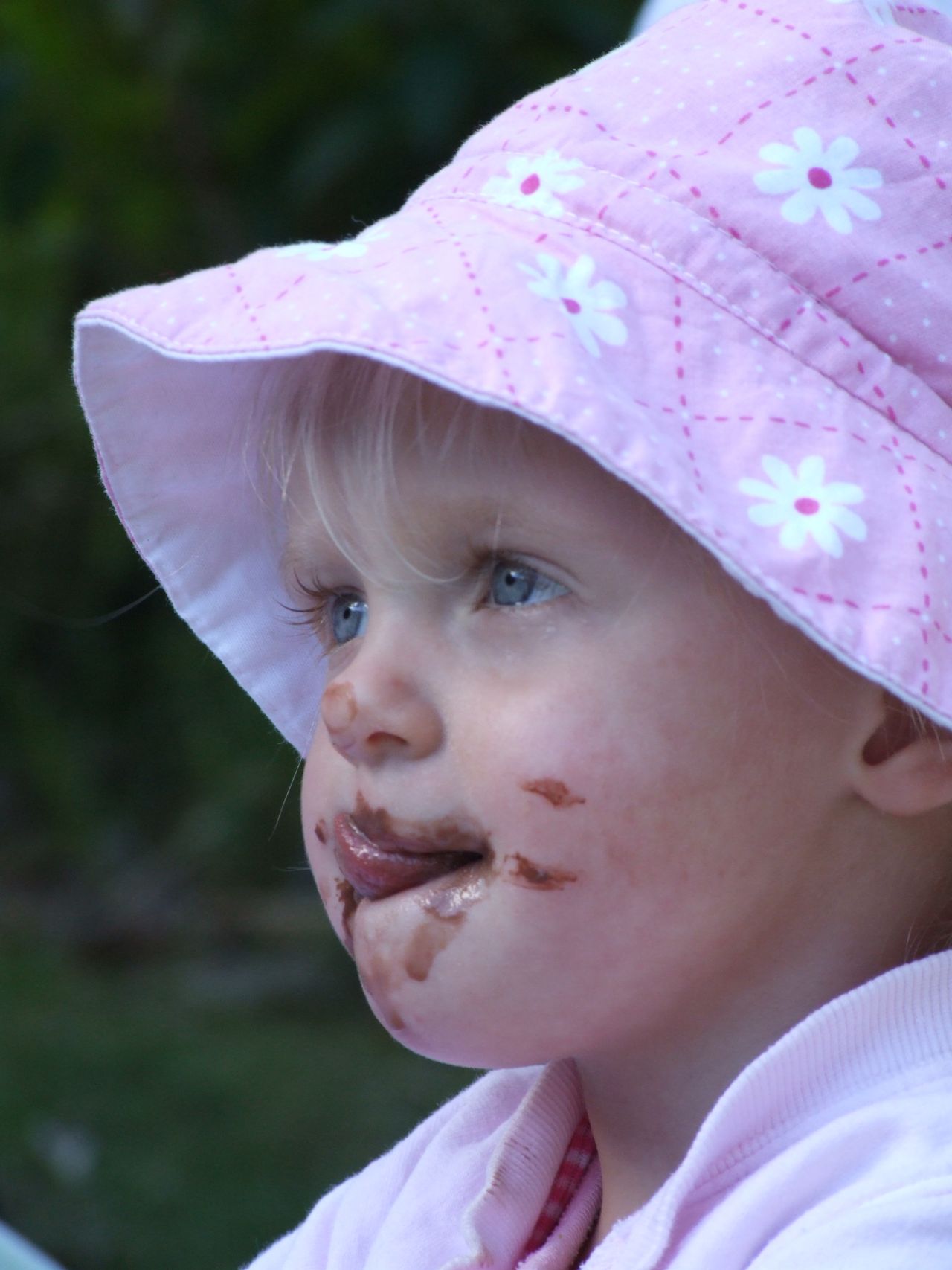
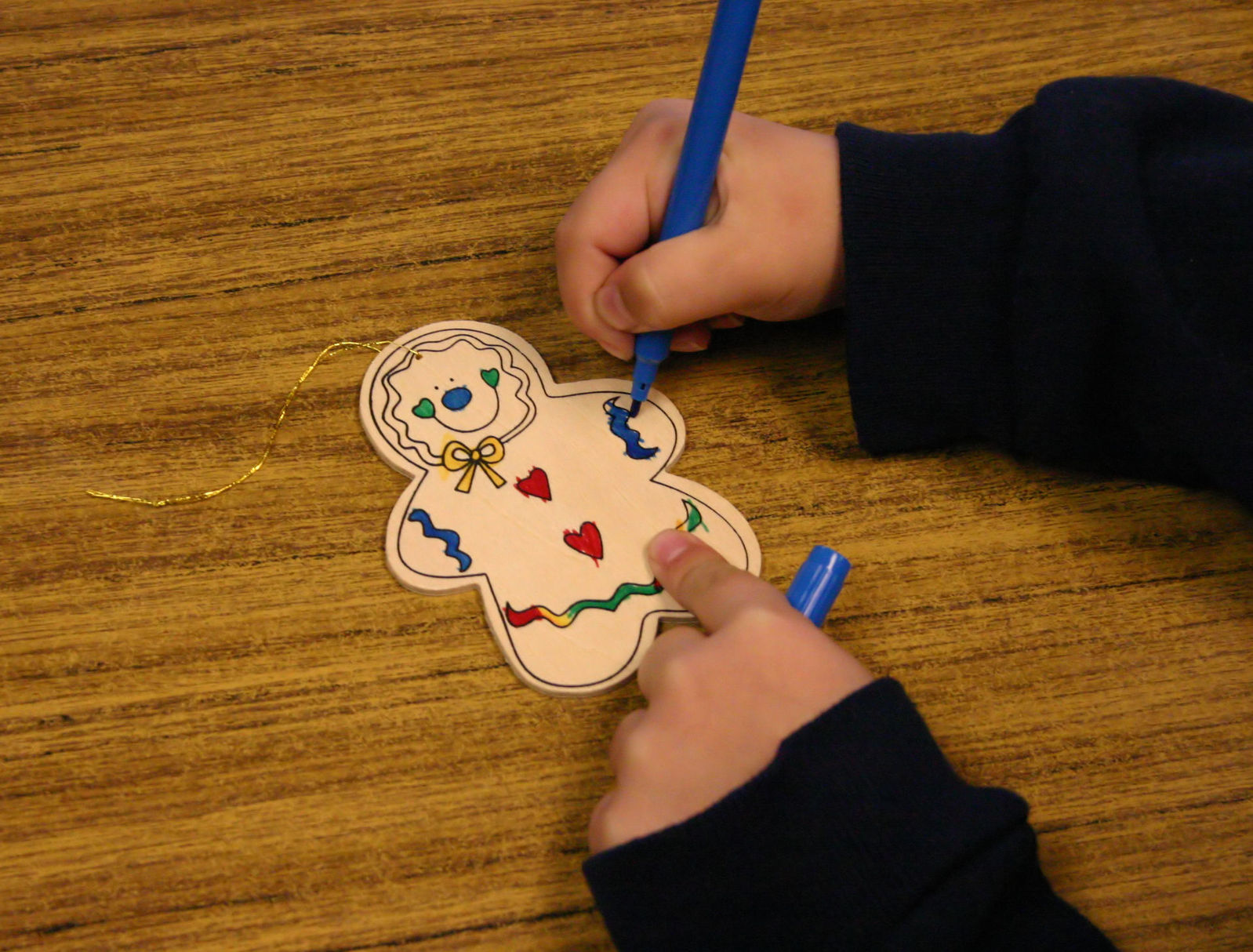


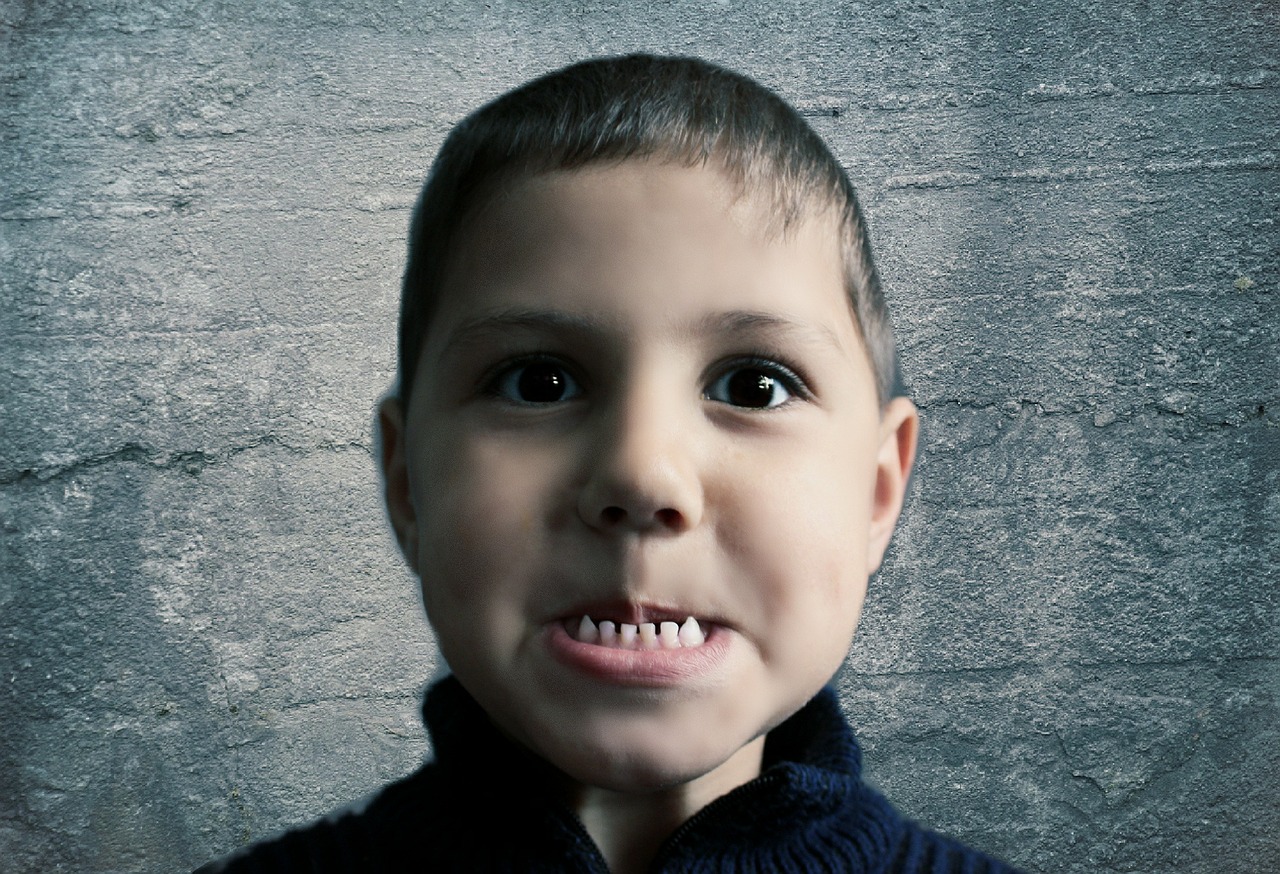
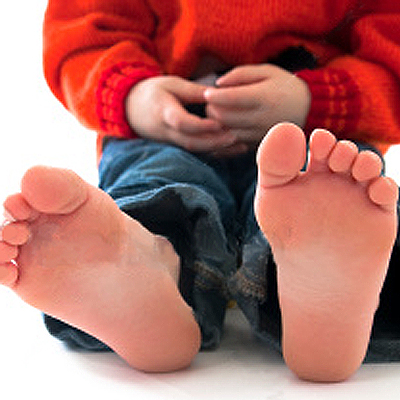

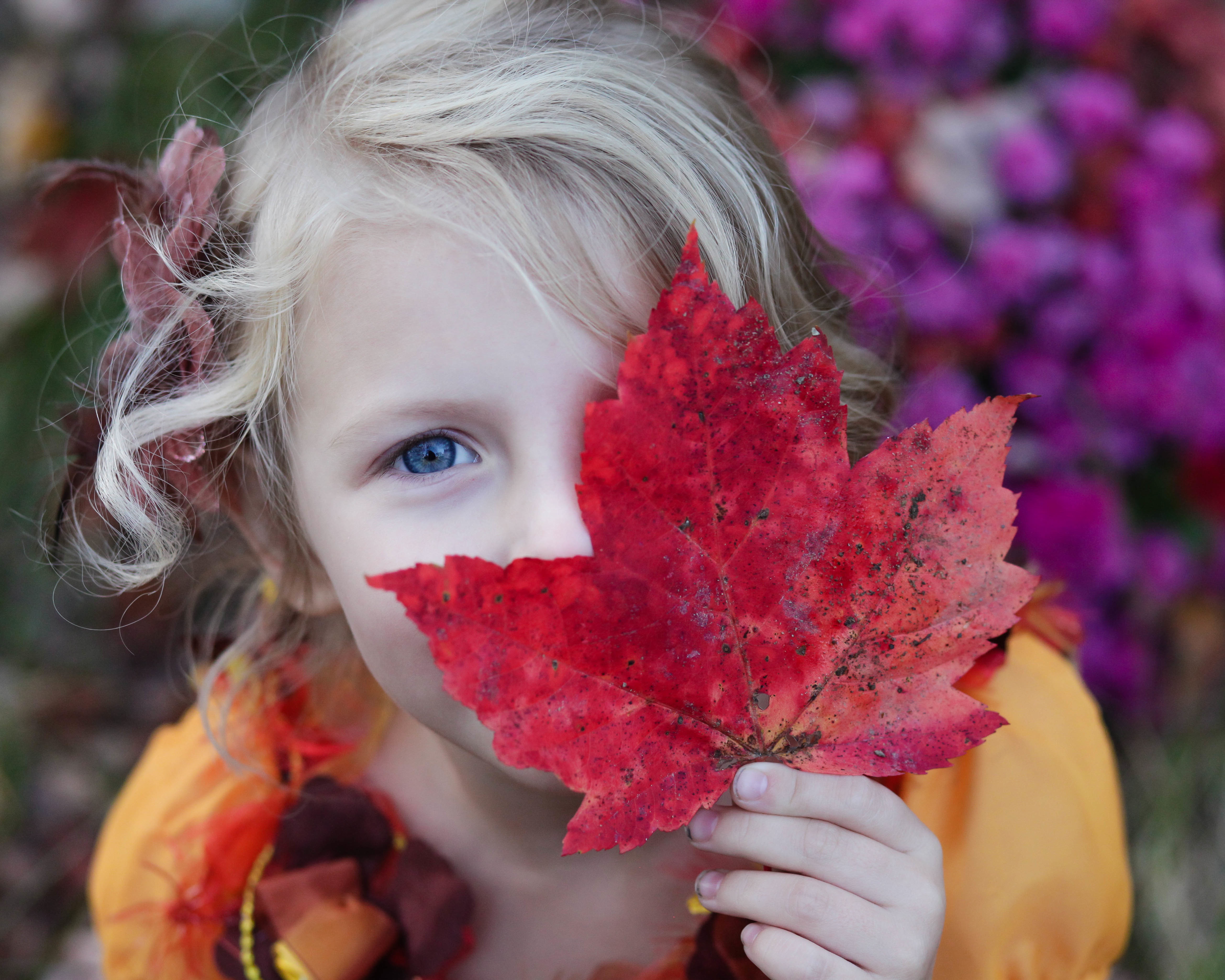
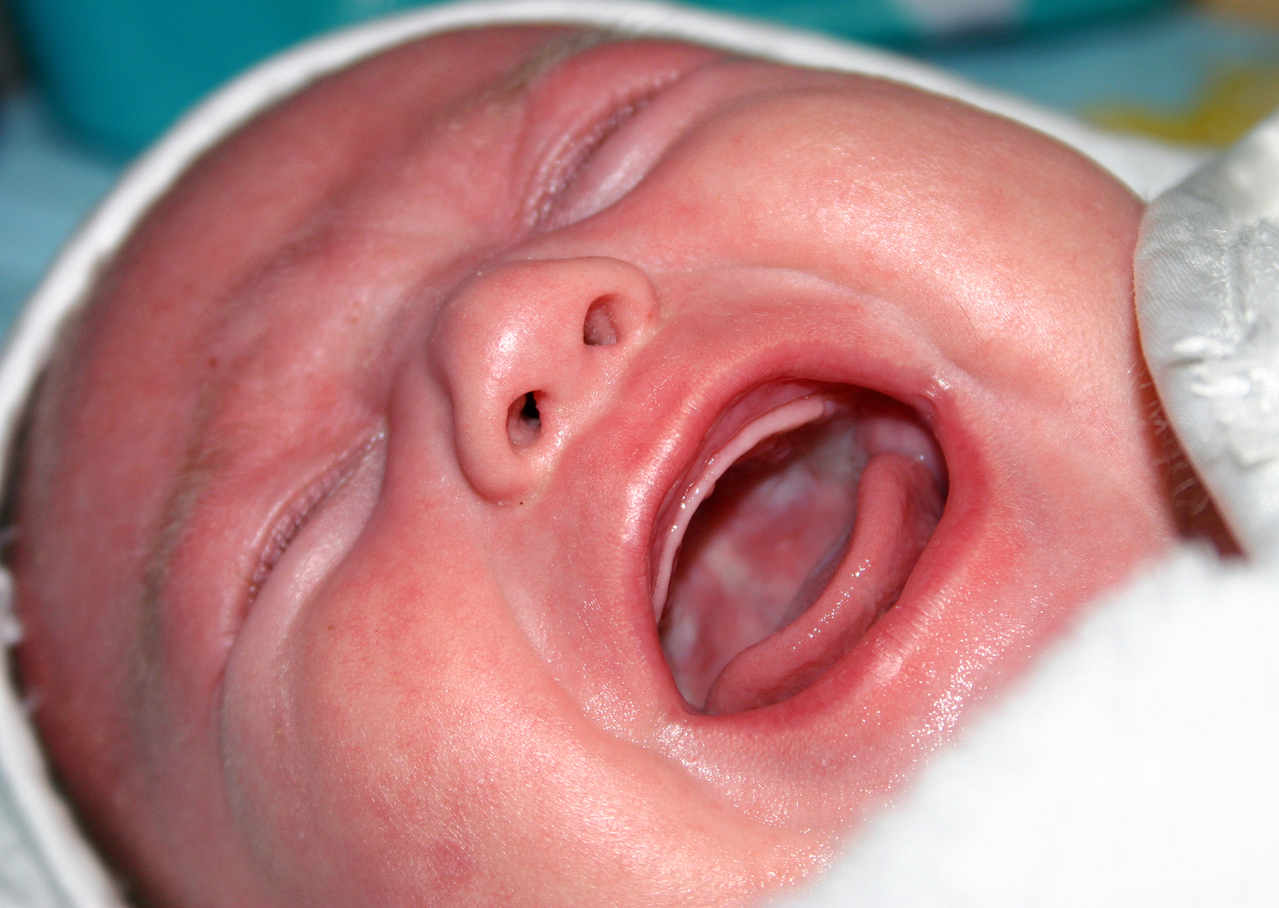
.jpg)


